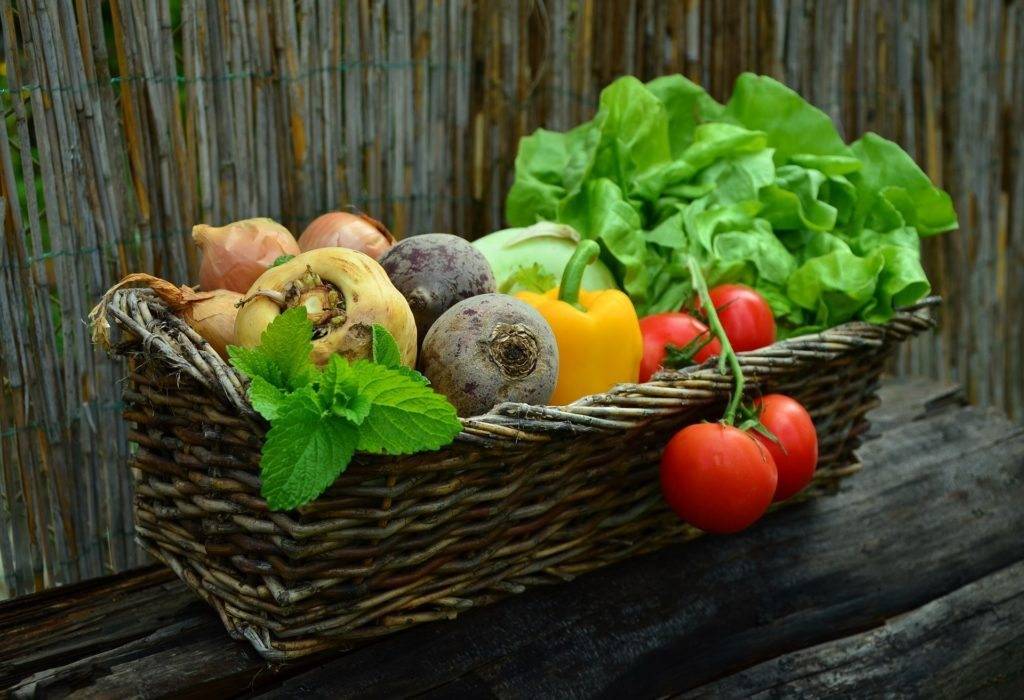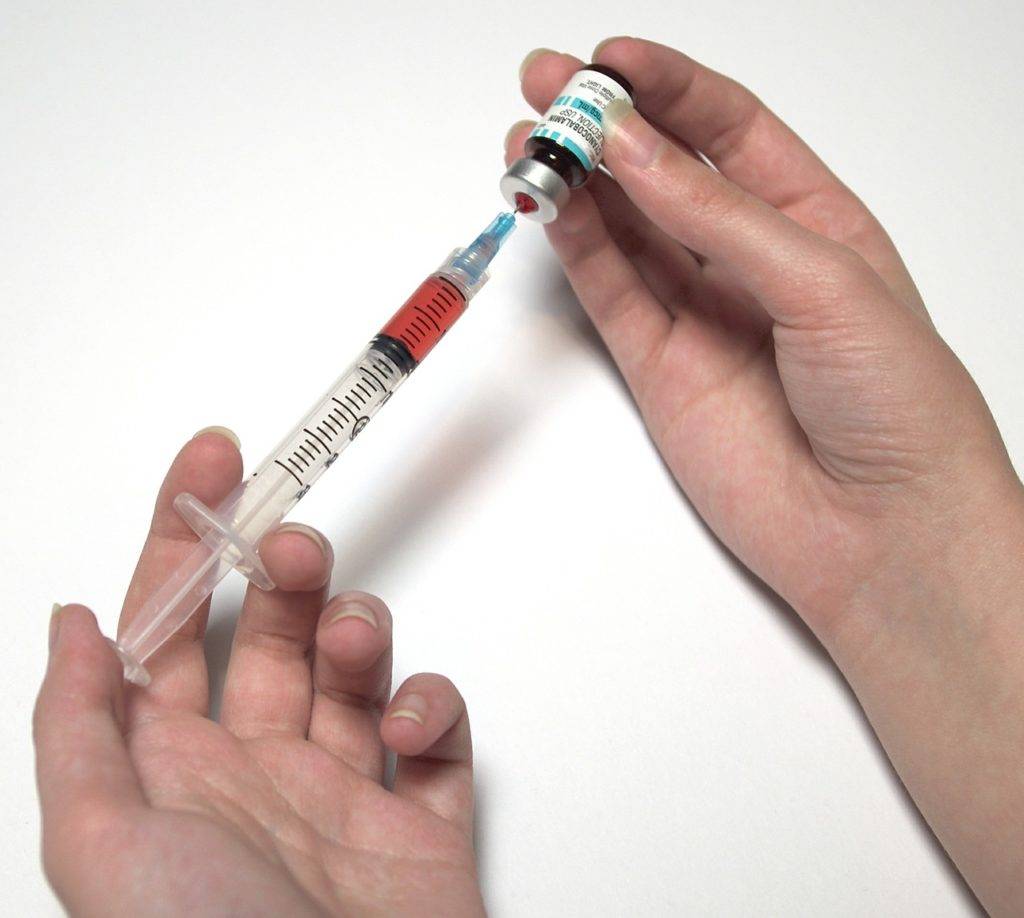In the bustling realm of micronutrients, Zinc often takes a back seat, hidden behind the giants like Vitamin C and Calcium. But this essential mineral packs a punch, fulfilling crucial roles from bolstering the immune system to accelerating wound healing. I am Dr. Michael Nwaneri, a pediatrician and obesity medicine specialist, and today, we will delve into a comprehensive guide that explores the magnificent benefits, dietary sources, and potential pitfalls related to Zinc.

What is Zinc?
Zinc is an essential trace element, meaning it is necessary for life but only in small amounts. Found in various foods and available as a dietary supplement, this mineral is indispensable for several biochemical pathways.
The Immune System: Zinc’s Epic Battle
Zinc modulates the immune system in multiple ways:
- Lymphocyte Maturation: Zinc aids in the development of immune cells, particularly T-lymphocytes.
- Anti-Inflammatory Effects: Zinc helps control inflammation by modulating the immune response.
- Antioxidant Role: It acts as a catalyst for enzymes that break down free radicals, preventing oxidative stress.
- Barrier Functions: Zinc strengthens the skin and mucous membranes, serving as the first line of defense against pathogens.
Trustworthy Studies
- A study published in the American Journal of Clinical Nutrition demonstrated the beneficial effects of Zinc on immune function.
- Research by the World Health Organization corroborated the importance of Zinc in managing childhood diseases.
Wound Healing: The Miracle of Repair
- Collagen Synthesis: Zinc is vital for collagen formation, a primary component of wounds.
- Cell Proliferation: Zinc speeds up the cell division necessary for wound closure.
- Enzyme Activation: Zinc activates enzymes that break down damaged collagen, allowing new tissue to form.
Studies Worth Mentioning
- A 2019 study in the Journal of Dermatological Science focused on Zinc’s influence on skin integrity.
- The National Institutes of Health also provides ample research on the role of Zinc in wound management.
Dietary Sources: An Array of Choices
- Animal Products: Meat, fish, and poultry are excellent sources.
- Plant Foods: Nuts, seeds, and legumes can be good options for vegetarians.
- Fortified Foods: Certain cereals and dairy products are fortified with Zinc.

The Double-Edged Sword: Deficiency and Toxicity
- Deficiency: Leads to compromised immune function, delayed wound healing, and even cognitive issues in children.
- Toxicity: Excessive Zinc can lead to nausea, impaired immunity, and mineral imbalance.
Conclusion: An Unbelievable Nutrient with Astonishing Benefits
The functions of Zinc stretch far and wide, from igniting your immune cells to triumph in battles against diseases, to weaving the intricate tapestry of your healing wounds. Being cognizant of its importance and maintaining adequate levels can lead to a life of better health and wellness.
References
- American Journal of Clinical Nutrition
- World Health Organization
- Journal of Dermatological Science
- National Institutes of Health
Disclaimer: This article is informational and should not replace professional medical advice.



